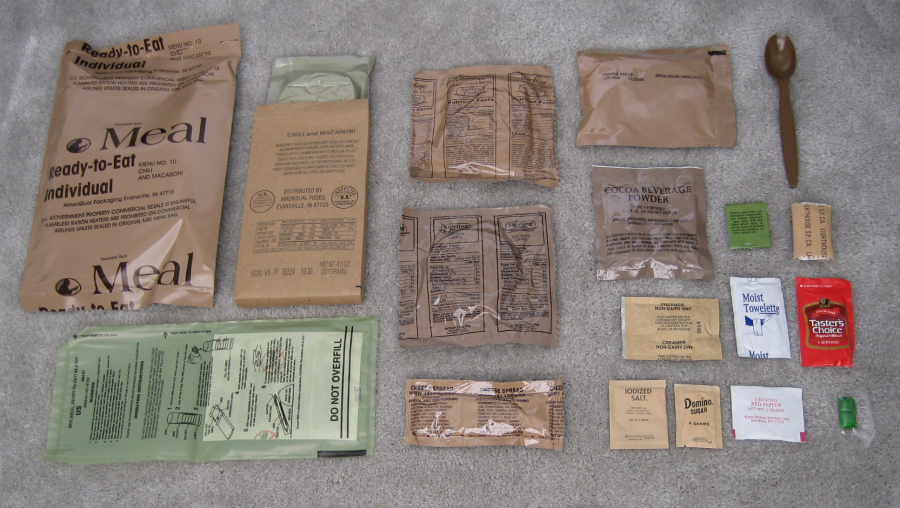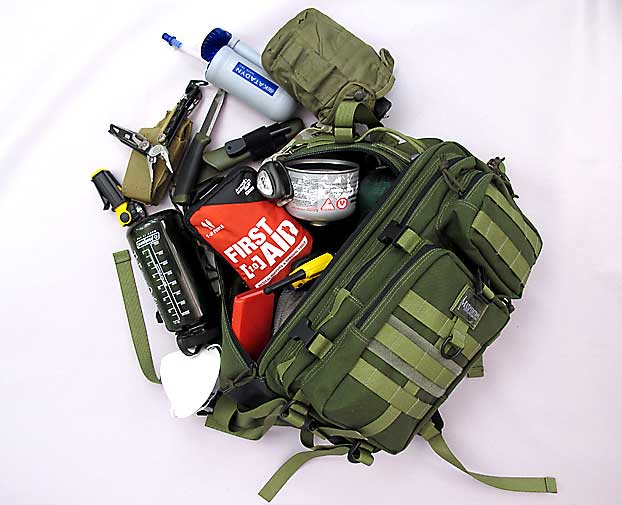Survival 101: How to combat fatigue and sleep deprivation when SHTF
09/21/2021 / By Divina Ramirez

Dealing with disasters and emergencies is exhausting. However, most people underestimate the toll that fatigue and sleep deprivation can take on the body.
Anyone who has ever been sleep-deprived knows that losing a few hours of sleep can make you feel spaced out, unmotivated and fatigued. If not properly managed, sleep deprivation can significantly affect your physical and mental health. It can also negatively impact your chance of survival when SHTF.
Read on to learn how to combat fatigue and sleep deprivation when SHTF. (h/t to TheOrganicPrepper.com)
The dangers of fatigue and sleep deprivation
No other organ is affected by fatigue and sleep deprivation more than the brain. The brain controls and coordinates your actions and reactions, and allows you to think and feel. In order to function, the brain needs to metabolize glucose, which it receives via blood circulation. Both processes are significantly affected by a lack of sleep.
Researchers have pointed out that our performance crumbles when we’re tired due to episodes of “microsleep,” a period of sleep that lasts from a few to several seconds. It happens when parts of the brain go to sleep while other parts are still active. People who experience microsleep episodes may doze off without realizing it.
If something bad happens during an episode of microsleep, the person won’t be able to respond quickly.
In addition, being sleep-deprived has the same effects on your body as being intoxicated. Being awake for over 18 hours affects your body just as much as having a blood-alcohol level of .05, which can get you a ticket for driving under the influence. Meanwhile, being awake for 24 hours is similar to being too drunk to drive.
Fatigue and sleep deprivation have also been blamed for some of the worst disasters in recent decades. For instance, the 1986 disaster at the Chernobyl nuclear power plant in Ukraine was the result of a flawed reactor design coupled with a series of mistakes made by fatigued workers.
That same year, a space shuttle orbiter of the United States exploded just over a minute after its launch, killing seven crew members. The fatal accident was linked to fatigue and sleep deprivation. (Related: How sleep deprivation ruins your mental health.)
Managing fatigue and sleep deprivation when SHTF
Most people cope with their sleep “debt” by drinking coffee or taking stimulants. But those won’t be enough to get you through an SHTF event. Moreover, coping mechanisms can lead to accumulated sleep loss, which may eventually culminate in a serious accident.
Here are three tips on how to recharge and power through a crisis:
- Take a power nap. Power naps are meant to slow down brain activity just long enough to recharge the body so that you’re more alert, awake and energized. Power naps should take no longer than 20 minutes. Otherwise, you’ll take longer to shake off the groggy feeling you get after waking up.
- Create a safety zone. Don’t just take power naps anywhere. Look for a place where you’ll be safe from the elements and other threats. If possible, have someone stay up as a watchman while you take a power nap. You’ll rest easier knowing that you’re not in a vulnerable position.
- Get comfortable. It’ll be easier to take a power nap if you’re comfortable. A simple camping-style hammock should be enough for when ground surface conditions aren’t fit for sleeping. Plus, a hammock can be easily set up and taken down. You can even cover your eyes with a bandana to simulate darkness.
Power naps can help see you through rough days. However, take note that even long power naps aren’t as good for your body as seven to eight hours of restful sleep, which normally consists four to five rapid eye movement (REM) sleep cycles. Lack of REM sleep can impair coping skills and defensive responses to threats, both of which are critical for your survival when SHTF.
Go to Preparedness.news for more articles and tips on how to prepare for SHTF scenarios.
Sources include:
Tagged Under: bug out, chaos, disaster, emergency preparedness, fatigue, how-to, off grid, preparedness, prepper, prepping, SHTF, sleep, sleep deprivation, survival, survivalist, tips
RECENT NEWS & ARTICLES
COPYRIGHT © 2017 OFFGRID NEWS




















